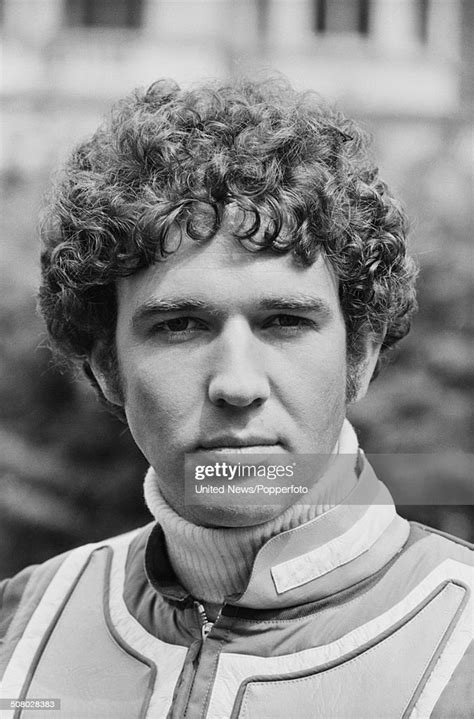A Quote by Gary Bauer
'Fairness' can be an important quality for legislators to consider when they are passing public policies. But it is a subjective standard. And it has no place among judges on a court - whose duty is to dispassionately judge a law's constitutionality.
Related Quotes
The Supreme Court is about the Constitution. It is about constitutionality. It is about the law. At its bear simplest, it's about the law. It is not about the Democrat Party agenda. Because that's what it's become. The whole judiciary has become that because that's the kind of people they have put on various courts as judges, and every liberal justice on the Supreme Court is a social justice warrior first and a judge of the law second. And if they get one more, then they will have effectively corrupted the Supreme Court.
People whose terms go for five years or longer, like FCC commissioners. That's a higher standard. Then district judges, who are appointed for a lifetime but can be overruled. Then Court of Appeals judges. They're not the highest level, but they're almost the final word. And then, of course, the Supreme Court.
No person shall be restrained of his liberty but by regular process from a court of justice, authorized by a general law. . . . On complaint of an unlawful imprisonment to any judge whatsoever, he shall have the prisoner immediately brought before him and shall discharge him if his imprisonment be unlawful. The officer in whose custody the prisoner is shall obey the order of the judge, and both judge and officer shall be responsible civilly and criminally for a failure of duty herein.
That's why we have appellate judges that are more than one judge because each of us, from our life experiences, will more easily see different perspectives argued by parties. But judges do consider all of the arguments of litigants. I have. Most of my opinions, if not all of them, explain to parties by the law requires what it does.
[Barack] Obama's executive amnesty has been frozen via a stay by a judge on the appellate court. You remember, this is the judge that discovered the Defense Department lawyers were lying to him in open court, and instead of actually sanctioning them, he demanded that they go to a new ethics course to learn the proper behavior and decorum and the law in court, that you just can't lie with impunity to a judge.
There has been no clearer principle of English or American constitutional law than that, in criminal cases, it is not only the power and duty of juries to judge what are the facts, what is the law, and what is the moral intent of the accused; but that it is also their power, and their primary and paramount duty, to judge the justice of the law, and to hold all laws invalid, that are, in their opinion, unjust or oppressive, and find all persons guiltless in violating, or resisting the execution of, such laws.
Class warfare always sounds good. Taking action against the rich and the powerful and making 'em pay for what they do, it always sounds good. But that's not the job of the Supreme Court. The Supreme Court standing on the side of the American people? The Supreme Court adjudicates the law. The Supreme Court determines the constitutionality of things and other things. The Supreme Court's gotten way out of focus, in my opinion.
































